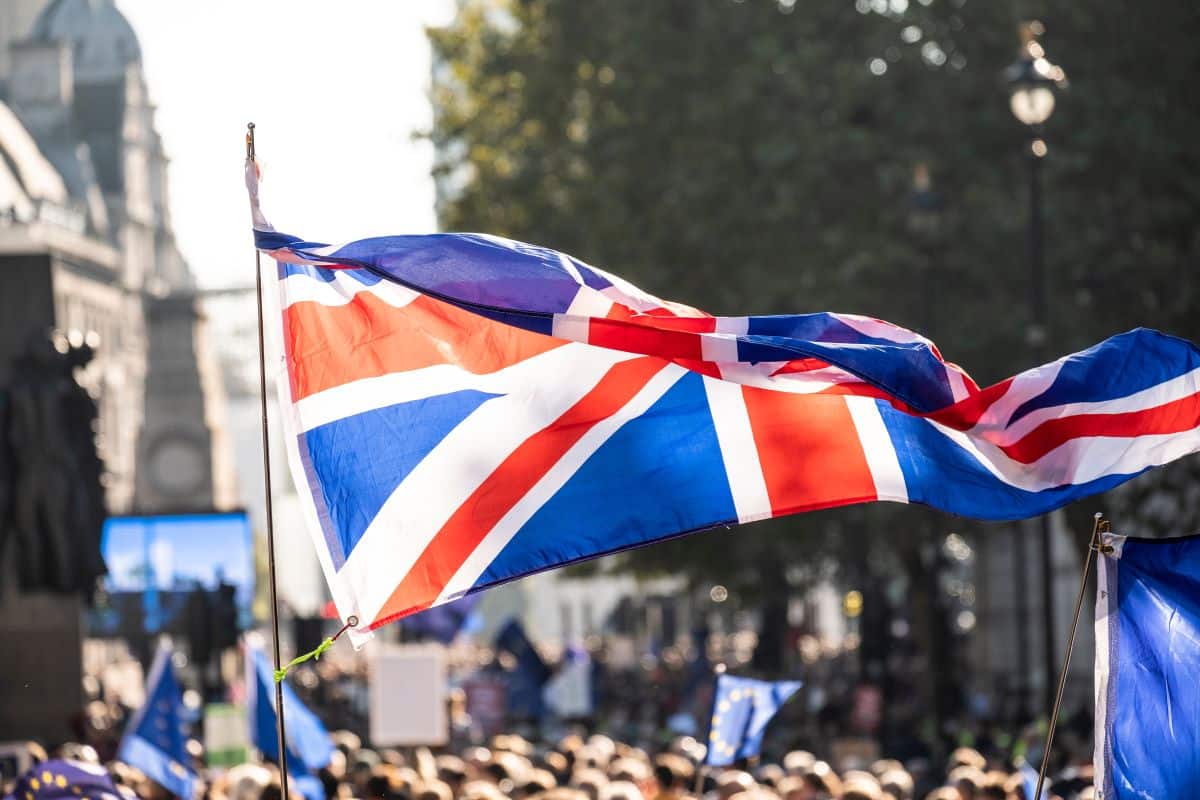Worried about the riots breaking out across the country? The far-right is gaining ground, and it’s affecting us all. From misinformation to economic instability, here’s why this surge is happening and why you should be concerned.
1. Surge in Hate Crimes
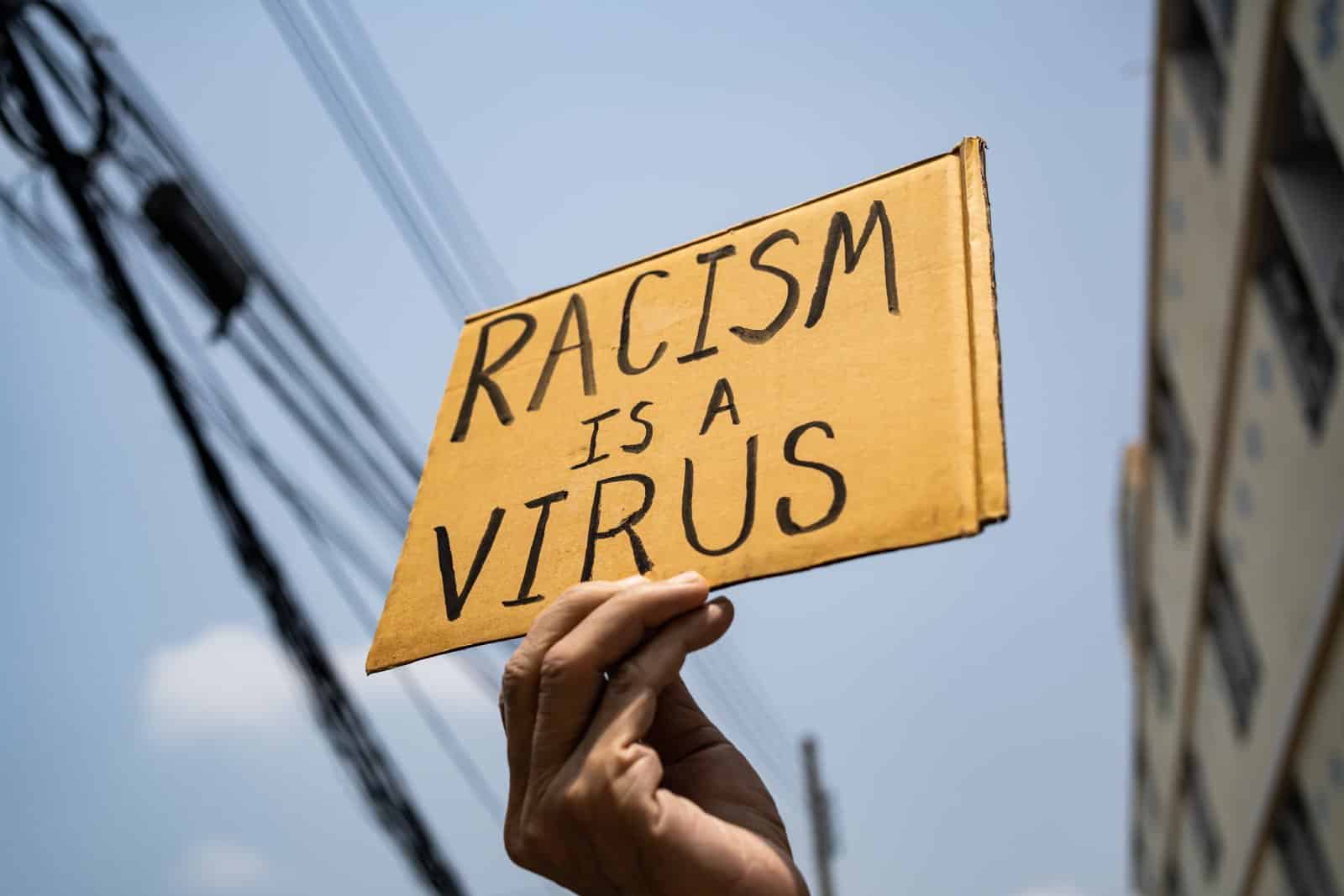
Since Brexit, hate crimes have surged by 30%, with over 105,000 incidents reported in 2020, rising to 124,091 in 2022. This uptick reflects growing racial and religious intolerance. Do you feel safe in your own neighborhood?
2. Economic Instability

Economic instability post-Brexit has fueled resentment, with immigrant communities often unfairly blamed for job losses. The Office for National Statistics (ONS) reported a 4.2% unemployment rate in 2023, up from 3.8% pre-Brexit. Are we turning our frustration into misplaced anger?
3. Media Misinformation

Mainstream and social media have become breeding grounds for fake news, spreading misinformation and inciting racial hatred. A recent study by the Centre for Countering Digital Hate found that anti-immigrant content increased by 200% during 2023. Are you questioning the credibility of your news sources?
4. Politicization of Immigration
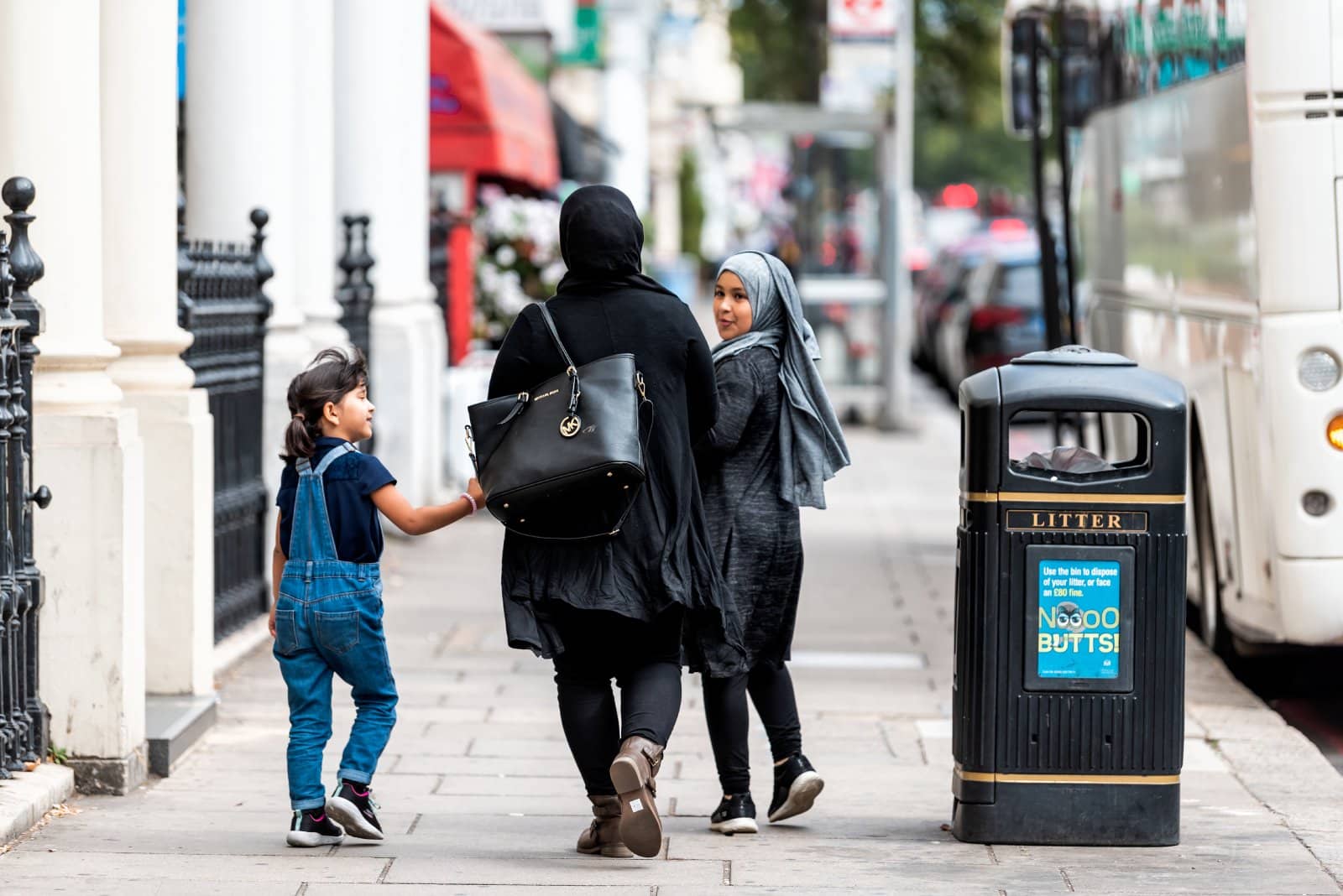
Immigration remains a political hot potato, with politicians exploiting the issue for electoral gain, further dividing communities. Former Prime Minister Rishi Sunak and current Prime Minister Keir Starmer have both used immigration as a key election issue. Are political games worth the societal cost?
5. Rise of Far-Right Groups
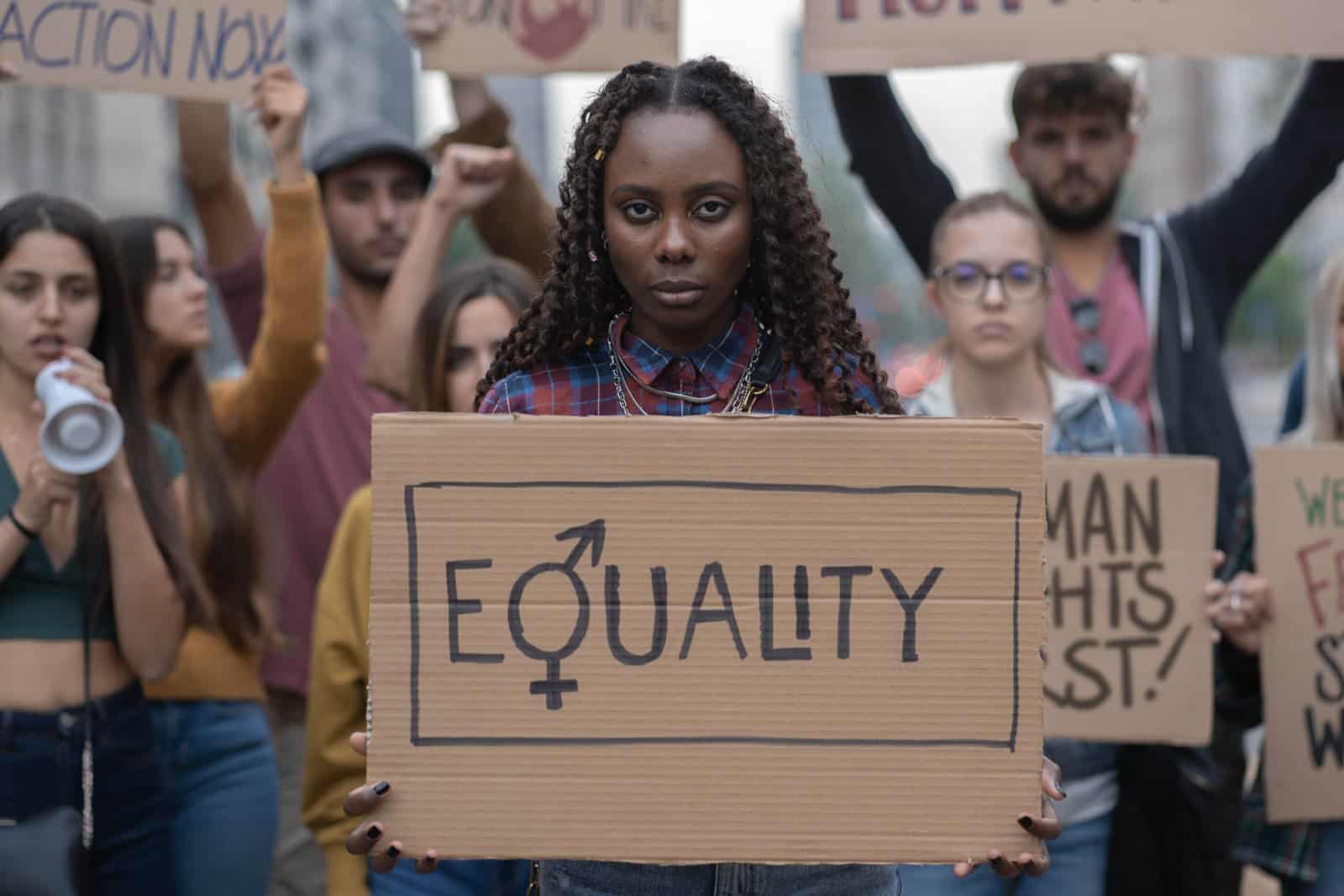
Far-right groups are gaining momentum, using fear-mongering tactics to recruit and radicalize. The UK saw a 20% rise in far-right activity in 2023, according to Hope Not Hate. This resurgence is not only disturbing but dangerous.
6. Discriminatory Policies
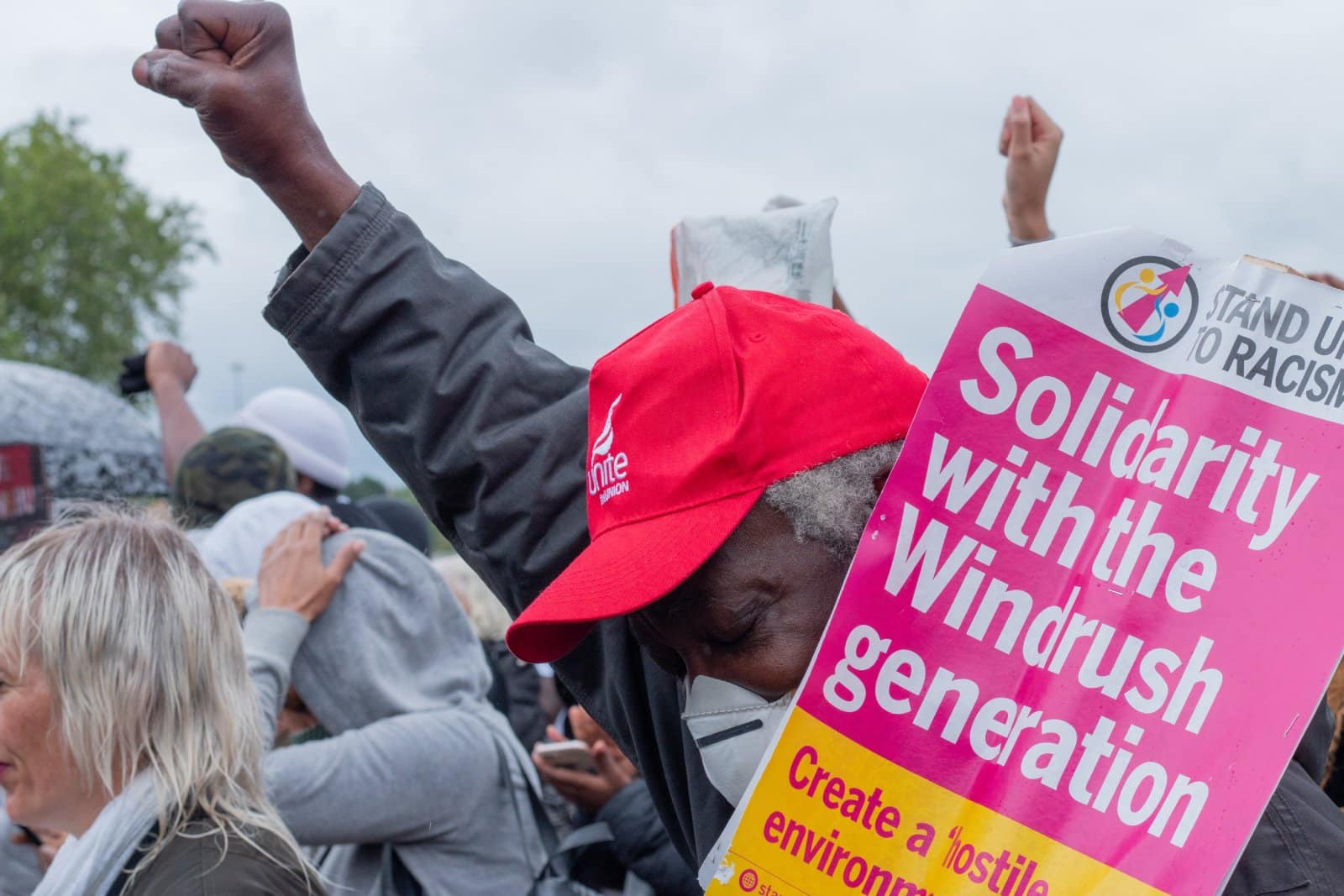
Government policies, such as the Hostile Environment Policy, have marginalized immigrant communities, exacerbating racial tensions. The Windrush scandal highlighted systemic discrimination within immigration enforcement. Are we seeing the consequences of such exclusion?
7. Social Media Echo Chambers

Social media platforms have become echo chambers, reinforcing and amplifying extremist views. Facebook and Twitter have been criticized for their role in spreading disinformation, leading to real-world violence. Is your online world distorting reality?
8. Scapegoating Minorities

Minority groups are frequently scapegoated for broader societal issues, creating an environment of hostility and distrust. During the COVID-19 pandemic, British Asians faced increased hate crimes, being wrongly blamed for spreading the virus. Are we looking for easy targets?
9. Historic Injustices

Unaddressed historic injustices continue to simmer, contributing to present-day racial tensions. The Black Lives Matter movement in the UK highlighted ongoing issues of racial inequality and police brutality. How long can we ignore our past?
10. Economic Disparities

Economic disparities disproportionately affect minority communities, breeding resentment and tension. According to the Joseph Rowntree Foundation, 46% of Black, Asian, and minority ethnic (BAME) households live in poverty, compared to 19% of white households. Are we addressing these root causes?
11. Education System Failures
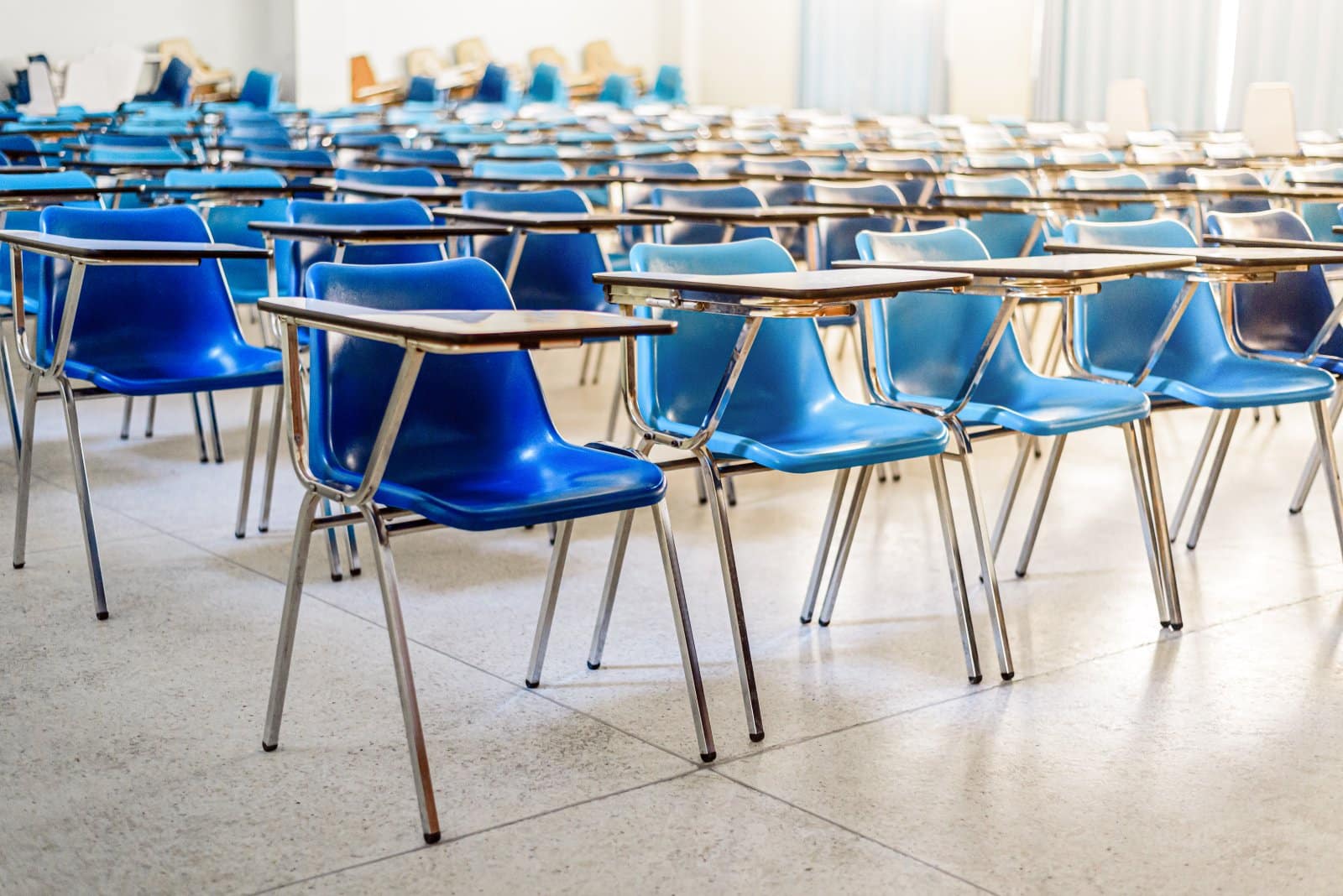
An education system that fails to teach about racial diversity and inclusion contributes to ignorance and prejudice. Only 11% of GCSE history students in England study modules that cover BAME history. Are we failing our future generations?
12. Housing Inequality
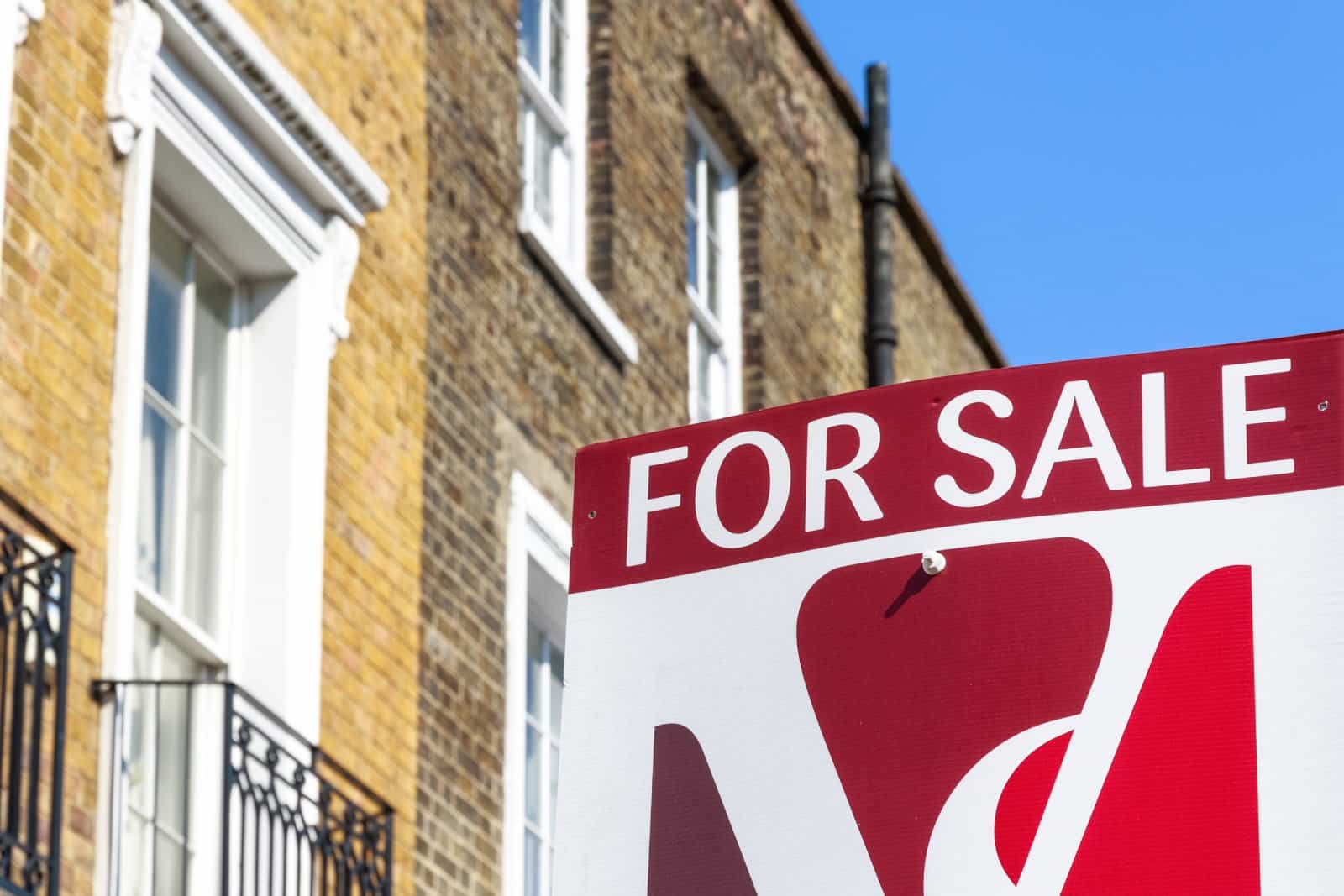
Housing inequality often segregates communities, fostering environments ripe for racial tension. A 2022 report from the Equality and Human Rights Commission found that BAME households are more likely to live in overcrowded and poor-quality housing. Are we living in silos?
13. Cultural Misunderstandings
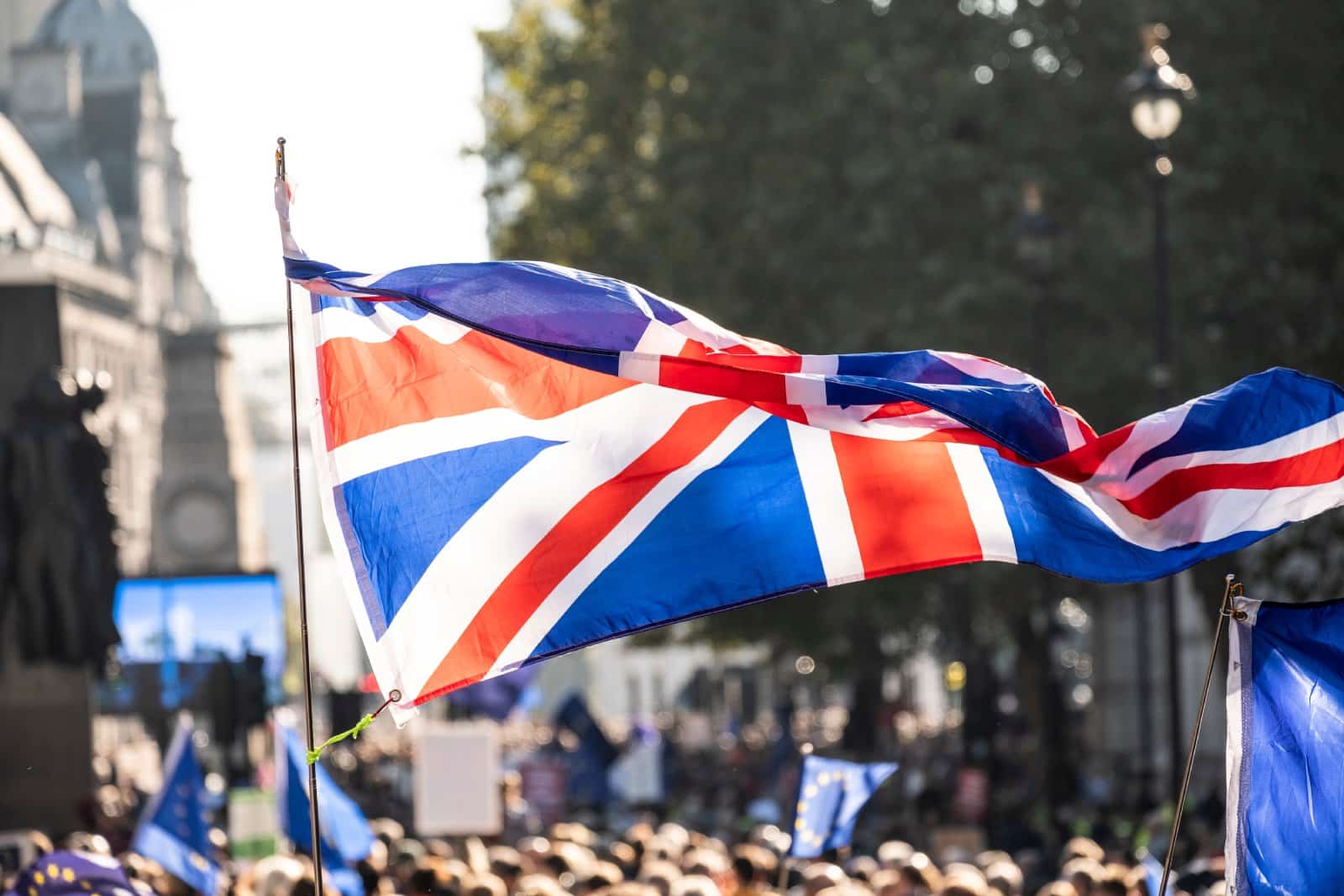
Cultural misunderstandings and a lack of exposure to different cultures can breed fear and hostility. The UK government’s 2023 integration strategy aims to address these issues, but progress is slow. Are we too insular?
14. Policing and Racial Profiling

Racial profiling by police has led to distrust and anger in minority communities. Stop and search rates are disproportionately higher for Black people, who are seven times more likely to be stopped than white people. Can we trust those who are meant to protect us?
15. Political Rhetoric
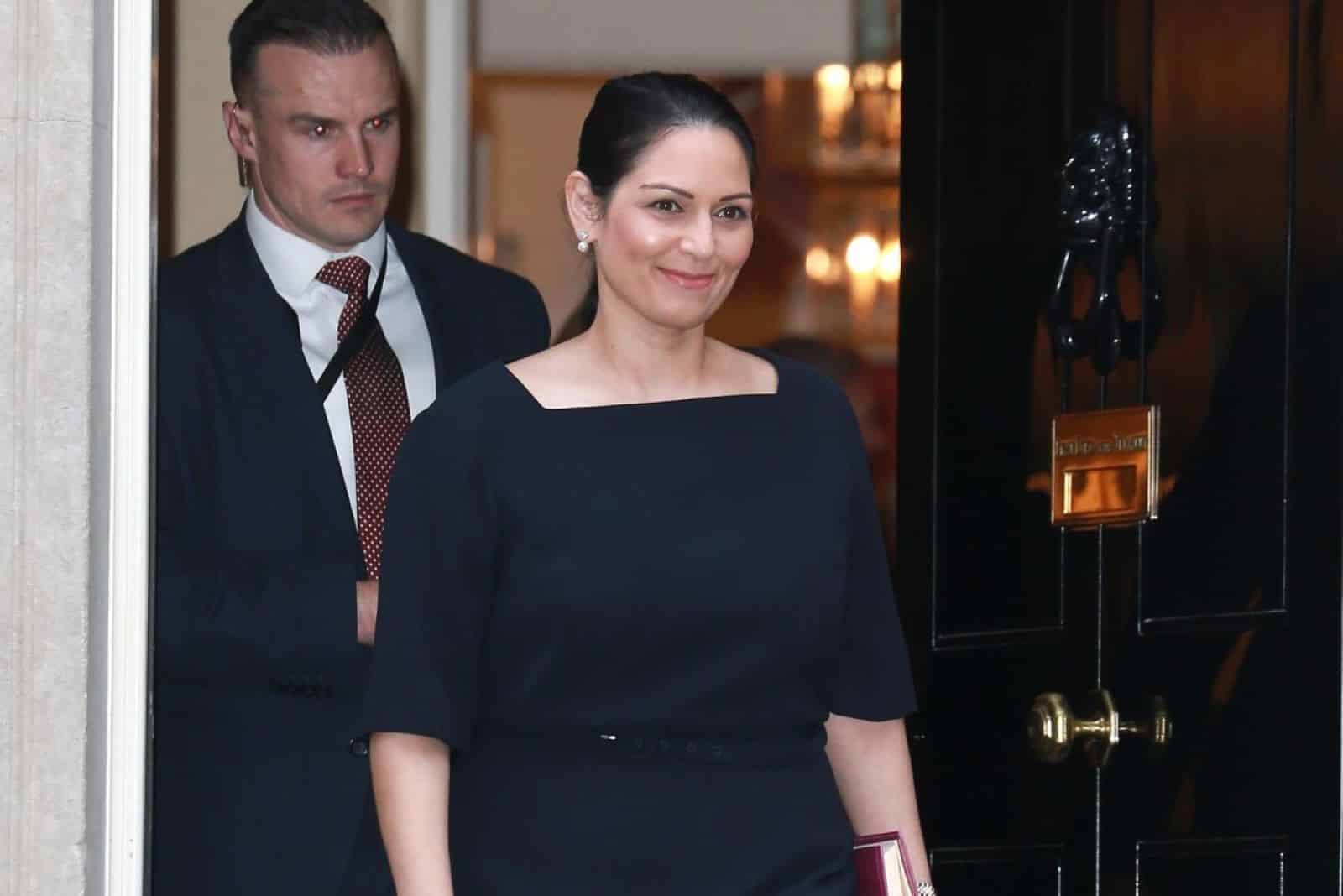
Inflammatory rhetoric from politicians often fuels the flames of racial tension. Statements by former Home Secretary Priti Patel on immigration have been criticized for inciting fear and division. Is our leadership responsible for sowing discord?
16. Community Fragmentation

Communities are becoming increasingly fragmented, with ethnic enclaves creating physical and social divides. A 2022 study by the University of Manchester found that residential segregation is on the rise. Are we becoming more divided?
17. Media Representation
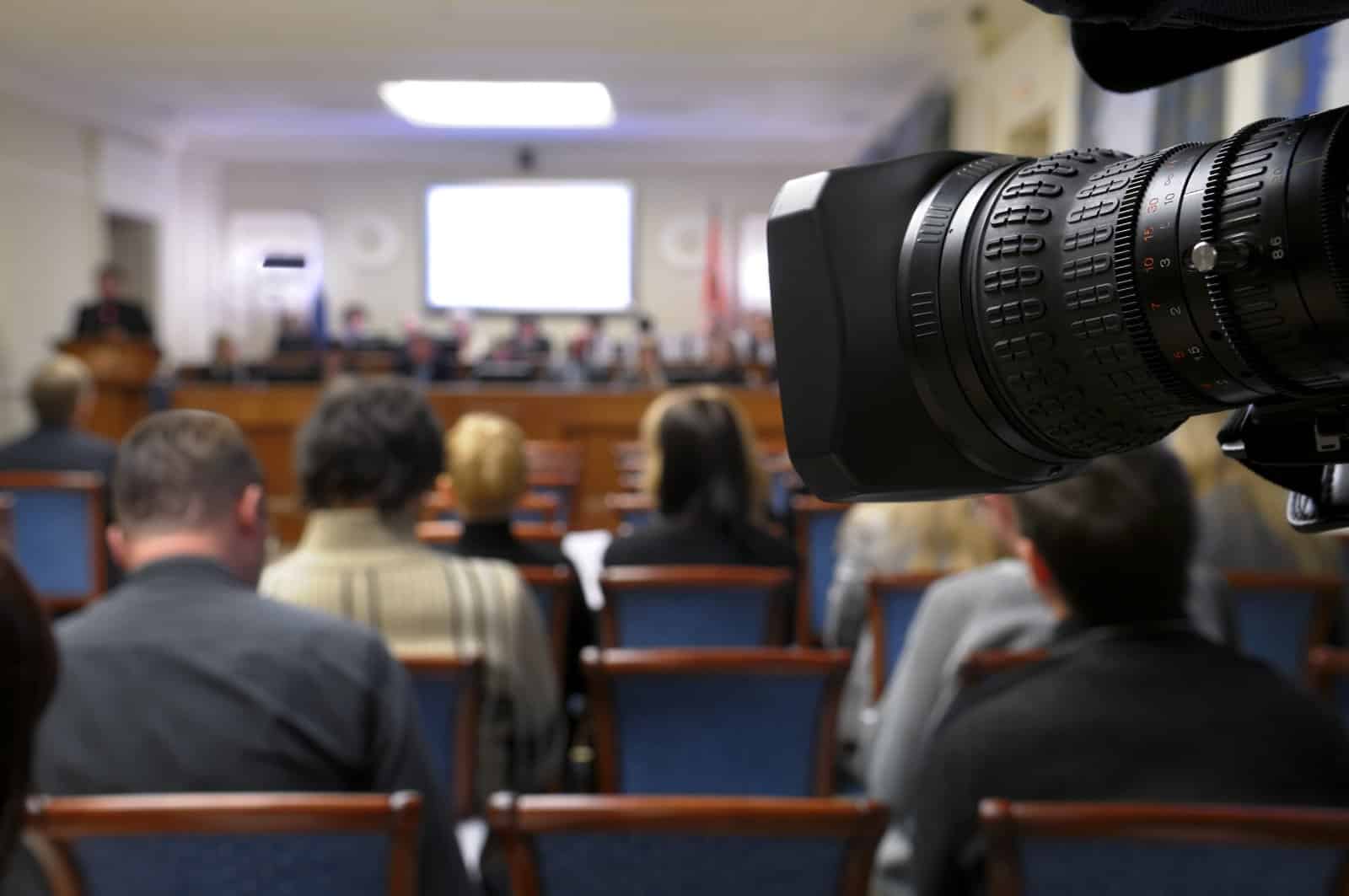
The media often portrays minority communities negatively, reinforcing stereotypes and prejudices. A 2023 Ofcom report found that BAME individuals are underrepresented and misrepresented in UK media. How is this shaping public perception?
18. Mental Health Impact

The constant threat of racial discrimination has a severe impact on the mental health of minority communities. A 2021 survey by Mind found that 63% of BAME individuals experienced mental health issues related to racism. Are we ignoring the psychological toll?
19. Political Extremism
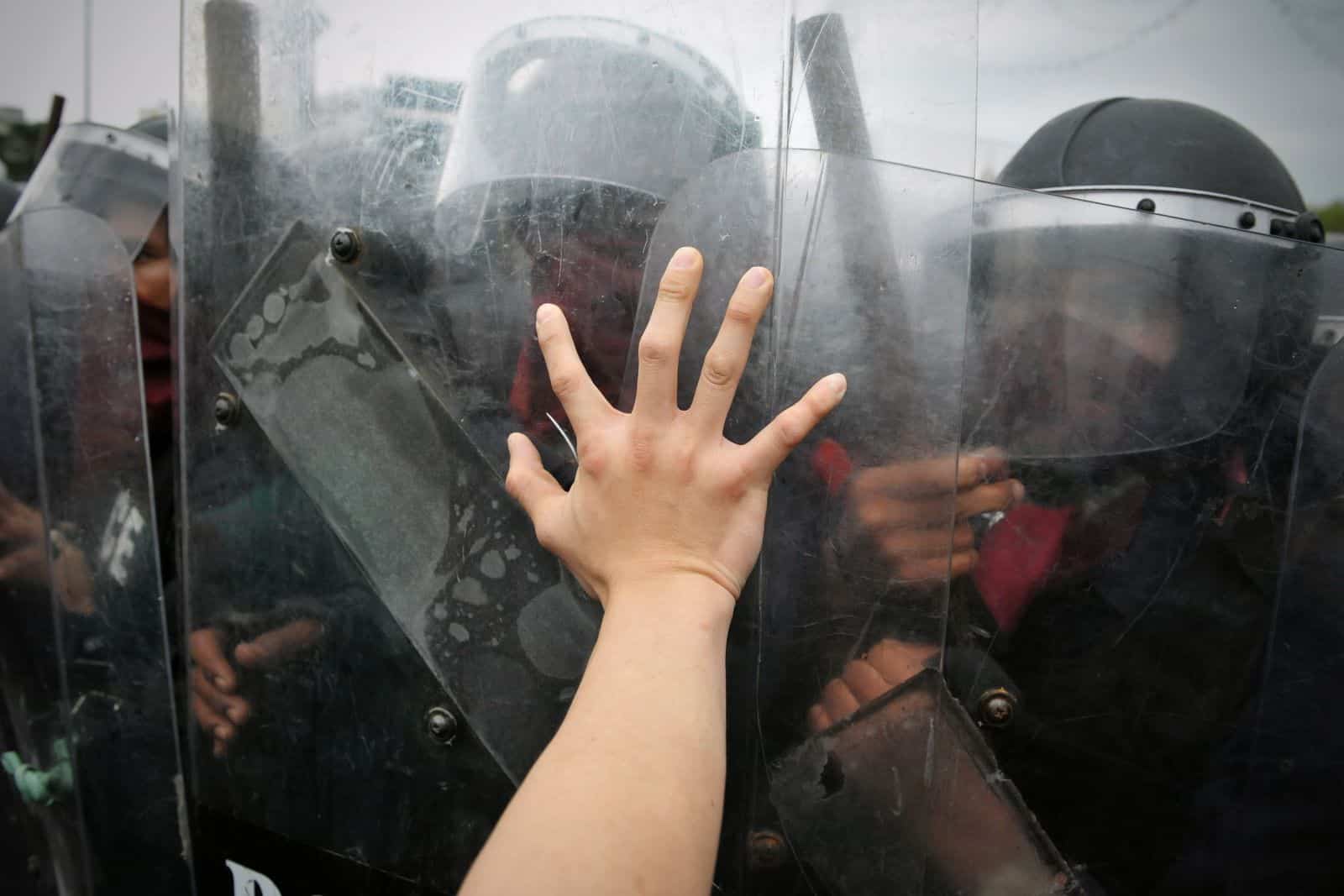
Political extremism on both the left and right contributes to a polarized society where moderate voices are drowned out. The rise of groups like Britain First and Antifa shows how extremism is gaining ground. Is there room for moderate dialogue?
20. Economic Exploitation

Minority workers often face exploitation and lower wages, contributing to economic inequality. The Trades Union Congress reported in 2023 that BAME workers earn 9.2% less than their white counterparts. Are we perpetuating economic injustice?
Wrapping up the Tension
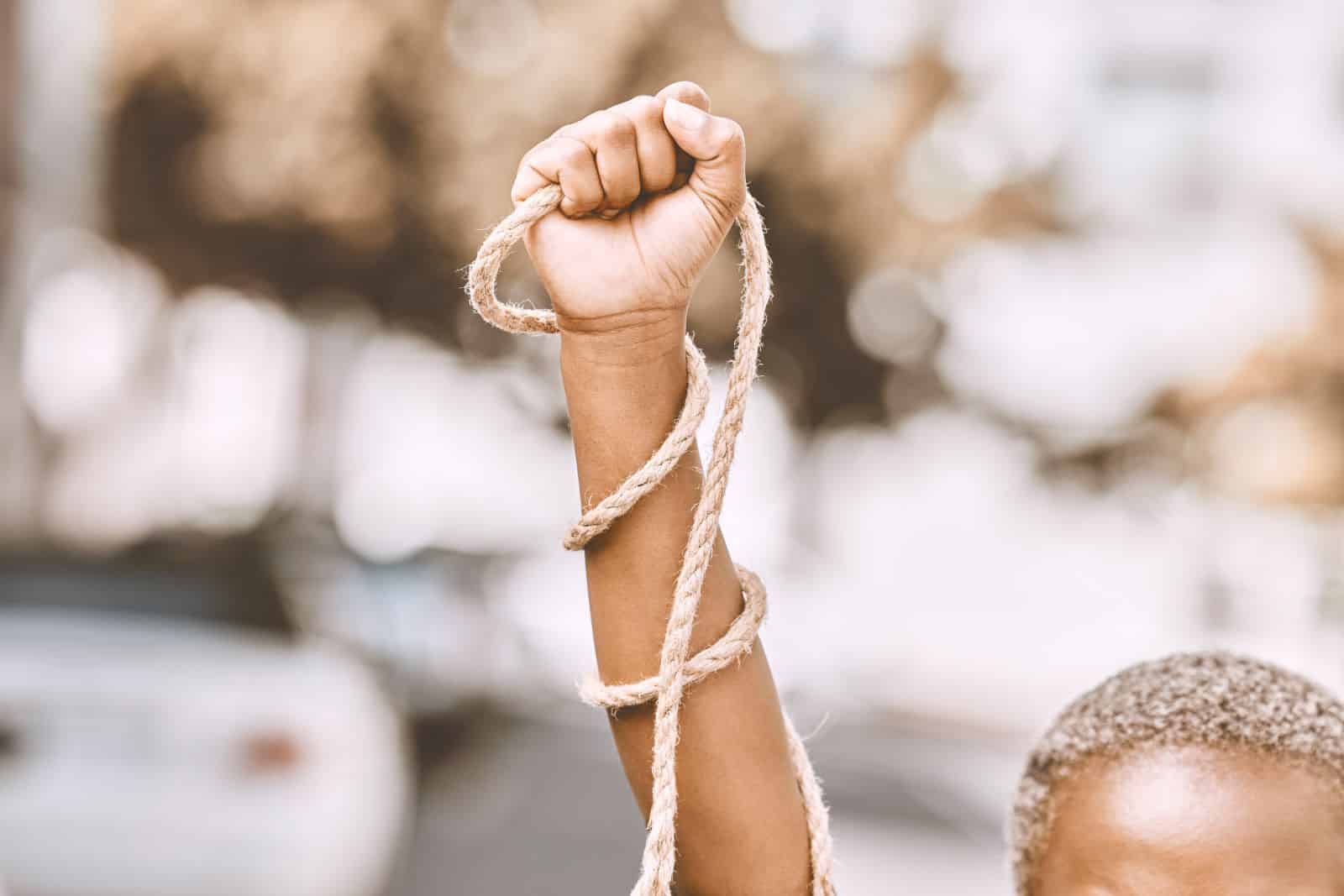
Racial tension in the UK is at a boiling point, fueled by a complex web of economic, social, and political factors. From hate crimes to discriminatory policies, the challenges are immense. It’s time for a serious reckoning. Are we ready to face the truth and make lasting change?
Featured Image Credit: Shutterstock / Gina Power.
For transparency, this content was partly developed with AI assistance and carefully curated by an experienced editor to be informative and ensure accuracy.
The images used are for illustrative purposes only and may not represent the actual people or places mentioned in the article.

